Iranian envoy: IAEA deputy head due in Iran for ‘routine safeguards activities’ with no pre-planned talks
Deputy Director General and Head of the United Nations nuclear watchdog’s Department of Safeguards Massimo Aparo is to visit Iran for "routine safeguards activities" but there are no pre-planned talks, Iran’s permanent representative to Vienna-based international organizations says.
Aparo’s visit to Iran would take place next week, Kazem Gharibabadi said in a tweet on Saturday as the International Atomic Energy Agency (IAEA) is yet to receive a reply from Tehran on an expired monitoring deal.
“The purpose of the visit is in line with routine safeguards activities in the context of the CSA (Comprehensive Safeguards Agreements),” he tweeted.
@iaeaorg DDG Aparo will go to Iran next week. He's also a designated inspector. The purpose of the visit is in line with routine safeguards activities in the context of the CSA. Although we are in continous contact, but there is no pre-planned talks in Tehran during the visit.
— Gharibabadi (@Gharibabadi) July 3, 2021
Highlighting “continuous contact” between Iran and the IAEA, the Iranian envoy, however, noted that there would be “no pre-planned talks in Tehran during the visit.”
Back in February, Iran stopped the voluntary implementation of the Additional Protocol to the Non-Proliferation Treaty (NPT) Safeguards Treaty, which stipulates enhanced access to nuclear sites and snap inspections by the IAEA.
The halt came under the Strategic Action Plan to Counter Sanctions, a law passed in December 2020 by the Iranian Parliament, and adds to Iran’s previous steps away from the 2015 nuclear deal in response to the US’ unilateral withdrawal in 2018 and the other parties’ failure to fulfill their commitments.
At that time, the IAEA and the Atomic Energy Organization of Iran (AEOI) reached a temporary bilateral technical understanding, under which the latter would continue to use cameras to record information at its nuclear sites for three months, but it would retain the information exclusively. If the US sanctions were lifted completely within that period in a verifiable manner, Tehran would provide the footage information to the UN nuclear watchdog, otherwise it would be deleted forever.
The understanding expired in May amid diplomatic efforts in Vienna, Austria, to revive the 2015 nuclear deal, known as the Joint Comprehensive Plan of Action (JCPOA).
Iran and the IAEA agreed to extend the understanding for a further month until June 24 allowing the agency to continue necessary verification and monitoring work in the country.
After the IAEA demanded “an immediate response” from Iran on whether it would extend a monitoring deal that expired on June 25, Gharibabadi reminded the UN nuclear agency that the country is only committed to honor its obligations under the Comprehensive Safeguards Agreements.
His remarks came after the Russian ambassador to international organizations in Vienna, Mikhail Ulyanov, said Iran’s possible extension of a technical agreement with the IAEA on monitoring Iranian nuclear facilities will prevent “uncertainties” and “unjustifiable long-lasting negative effects.”
Ulyanov expressed hope that Iran would answer positively to the UN nuclear agency’s initiative to extend the temporary agreement.
Continued Iran-IAEA contacts of paramount importance: Russian envoy
In a tweet on Saturday, the Russian ambassador to international organizations in Vienna also stressed the importance of continued contacts and dialogue between Iran and the IAEA as the talks are underway in the Austrian capital to revive the 2015 nuclear deal, officially known as the Joint Comprehensive Plan of Action (JCPOA), which was abandoned by the US under former president Donald Trump.
“Continued contacts and dialogue between #Iran and the #IAEA are of paramount importance, especially at this stage when we can expect full restoration of #JCPOA and sanctions lifting soon,” Ulyanov tweeted.
Continued contacts and dialogue between #Iran and the #IAEA are of paramount importance, especially at this stage when we can expect full restoration of #JCPOA and sanctions lifting soon. https://t.co/pM5qSSwjId
— Mikhail Ulyanov (@Amb_Ulyanov) July 3, 2021
Since April, representatives from Iran and the remaining signatories to the JCPOA — France, Britain, Germany, Russia and China — have been holding face-to-face talks in Vienna with the purpose of bringing the US back to compliance and putting the deal back on track.
In another tweet, the senior Russian diplomat said technical understandings between Iran and the UN nuclear agency have not been officially extended yet and emphasized the significance of ensuring that video cameras at Iran’s nuclear sites “continue to work and video records are preserved.”
“Technical understandings between the #IAEA and #Tehran have not been officially extended yet. Under the circumstances it is important to ensure that video cameras at nuclear sites continue to work and video records are preserved. This will allow to avoid problems in future,” he said.
Technical understandings between the #IAEA and #Tehran have not been officially extended yet. Under the circumstances it is important to ensure that video cameras at nuclear sites continue to work and video records are preserved. This will allow to avoid problems in future.
— Mikhail Ulyanov (@Amb_Ulyanov) July 3, 2021
Last Saturday, Gharibabadi reminded that Iran had been retaining the data from the cameras “solely based on good will, and not as part of its obligations towards the agency.”
The Islamic Republic took the decision to keep the data only out of “political considerations” and in line with its commitment to international safeguards, he said. “Iran is not bound by any commitment to implement the agency’s demand,” the envoy noted.
Sept. 20: ‘Axis of Resistance’ operations against Israeli occupation
Hezbollah confirms murder of top commander Ibrahim Aqil in Israeli strike
Supply line sabotage: Why Israel’s terrorism in Lebanon will backfire on West
VIDEO | Israeli adventurism in region
Iran’s Foreign Minister Araghchi heads to New York
‘Unbridled Israeli arrogance’: Hamas, Ansarullah condemn Beirut massacre, blast US support
‘Israeli madness’: Iran embassy says regime crosses ‘all limits’ with Beirut attacks
VIDEO | Israeli bombardments kill nearly 35 Palestinians in Gaza


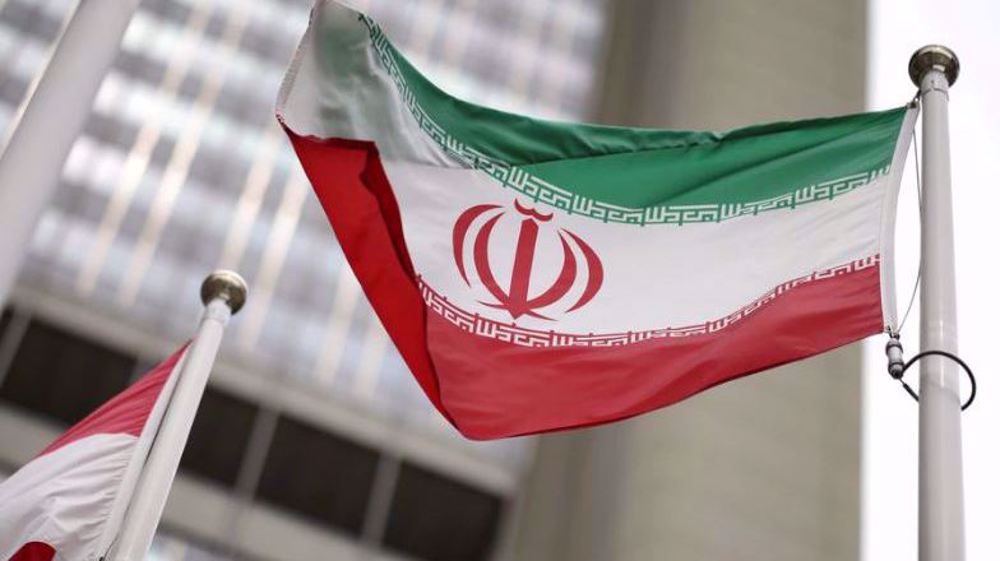
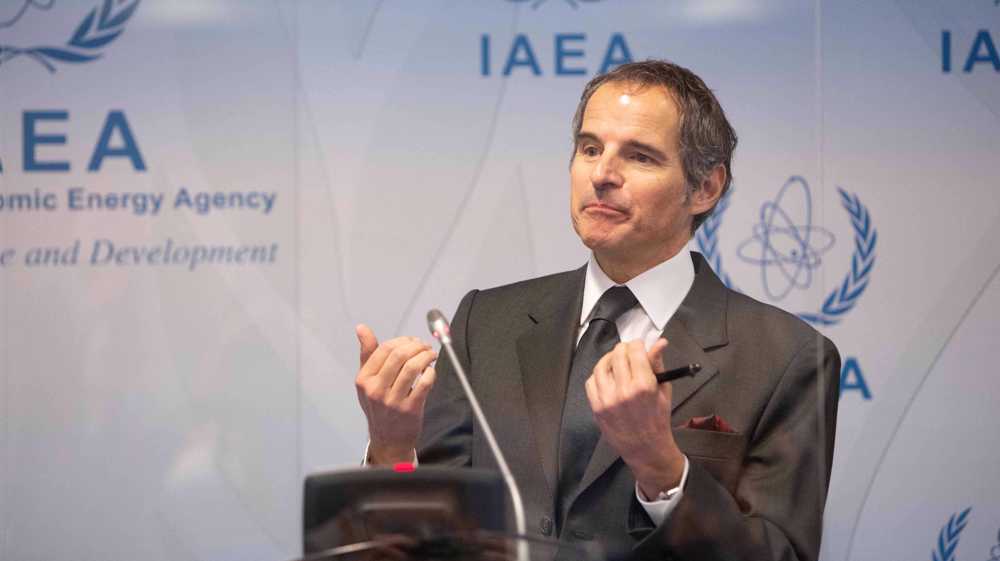
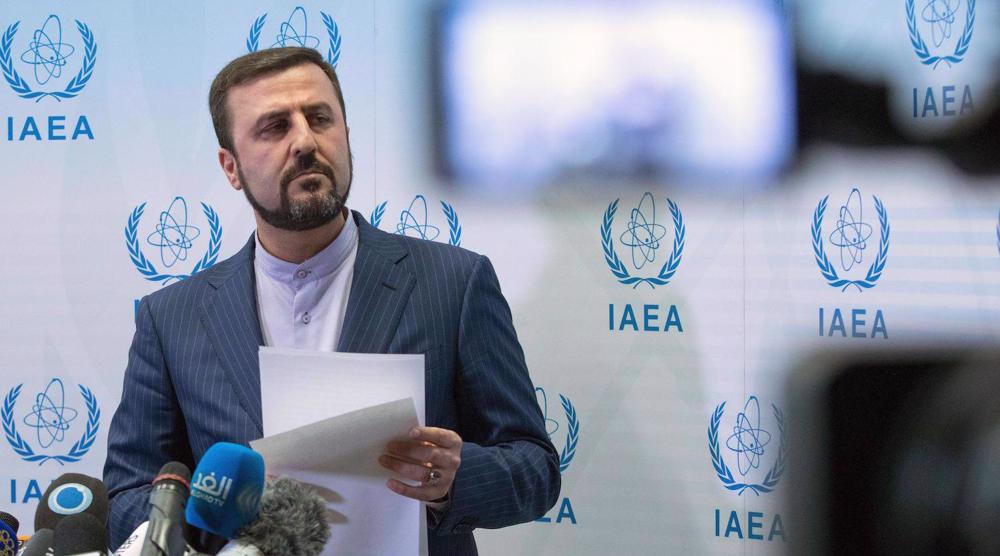
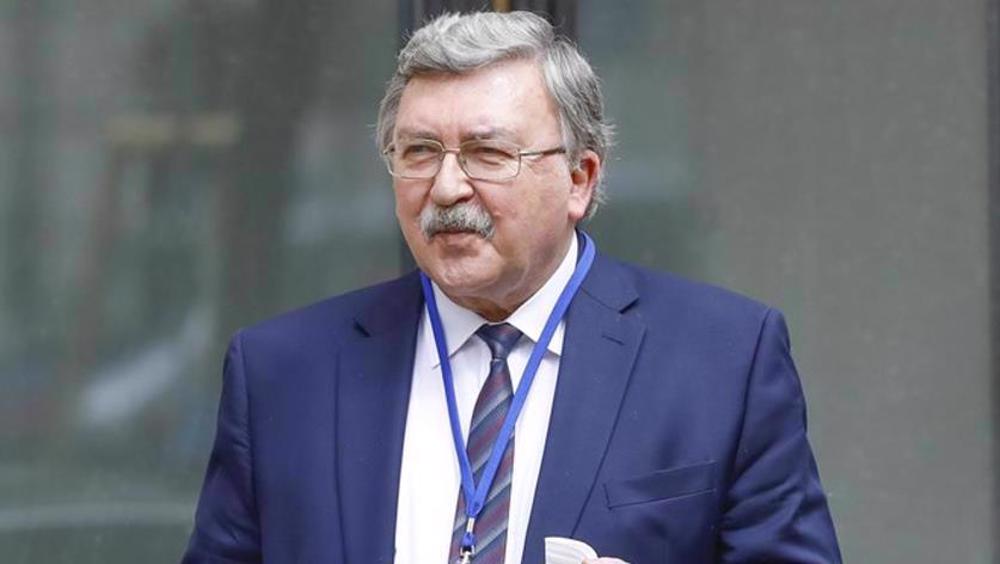
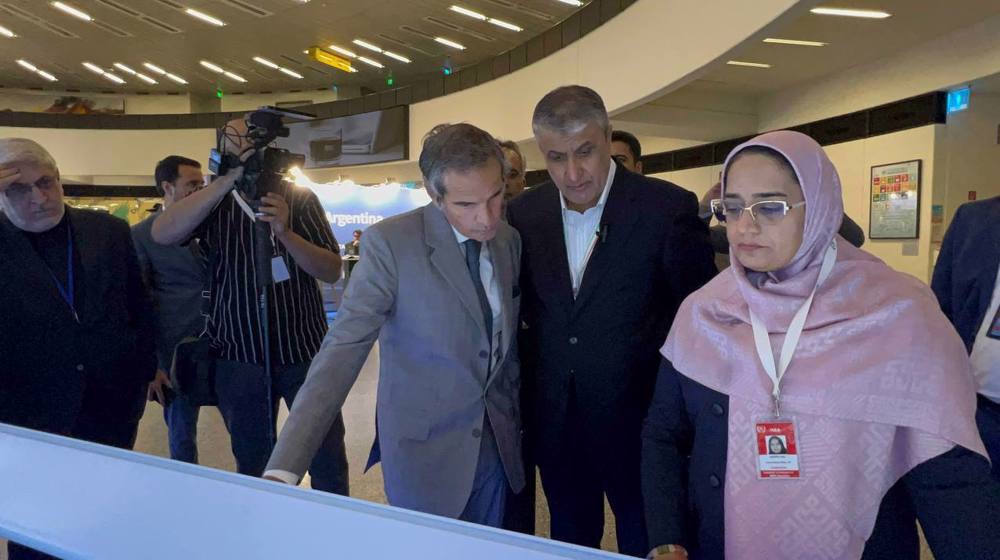
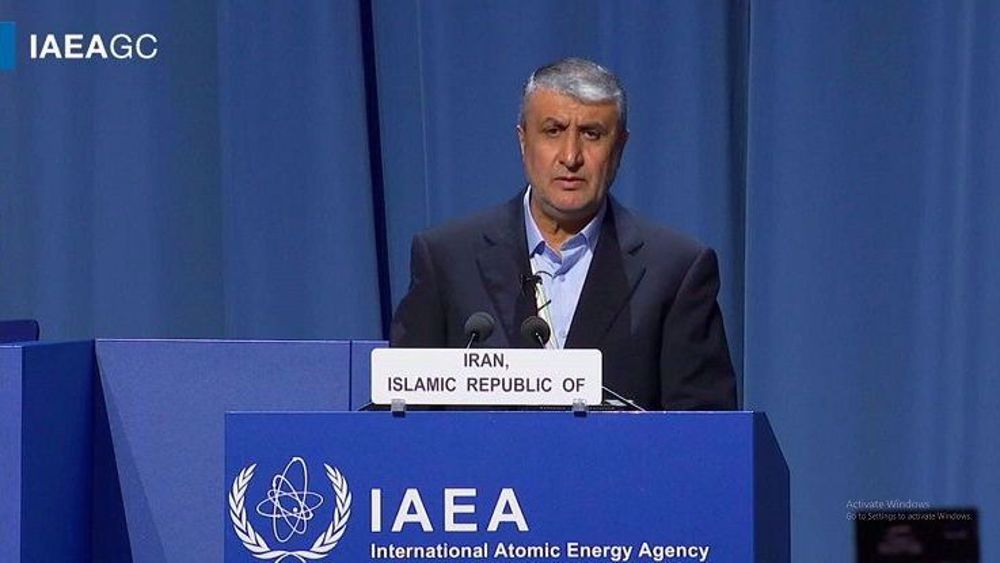
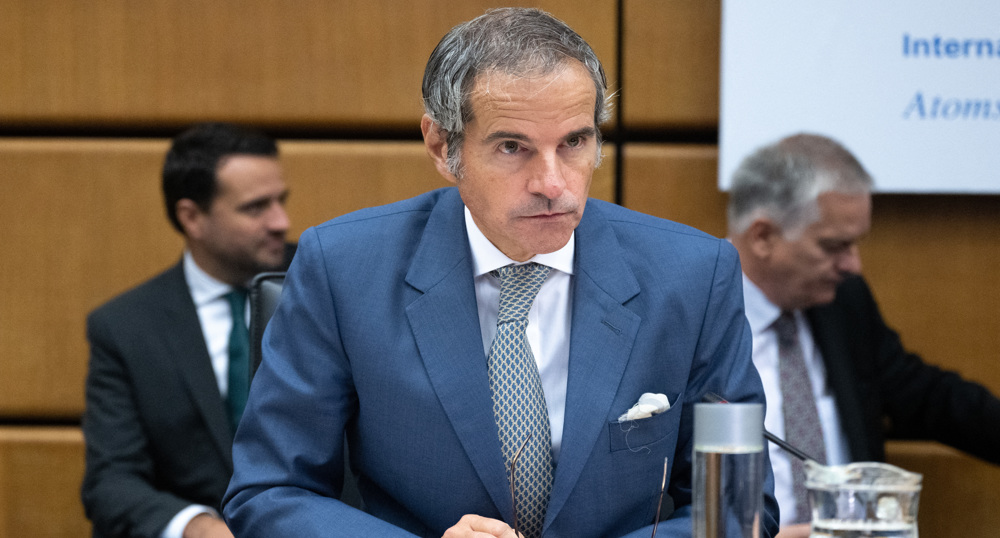




 This makes it easy to access the Press TV website
This makes it easy to access the Press TV website